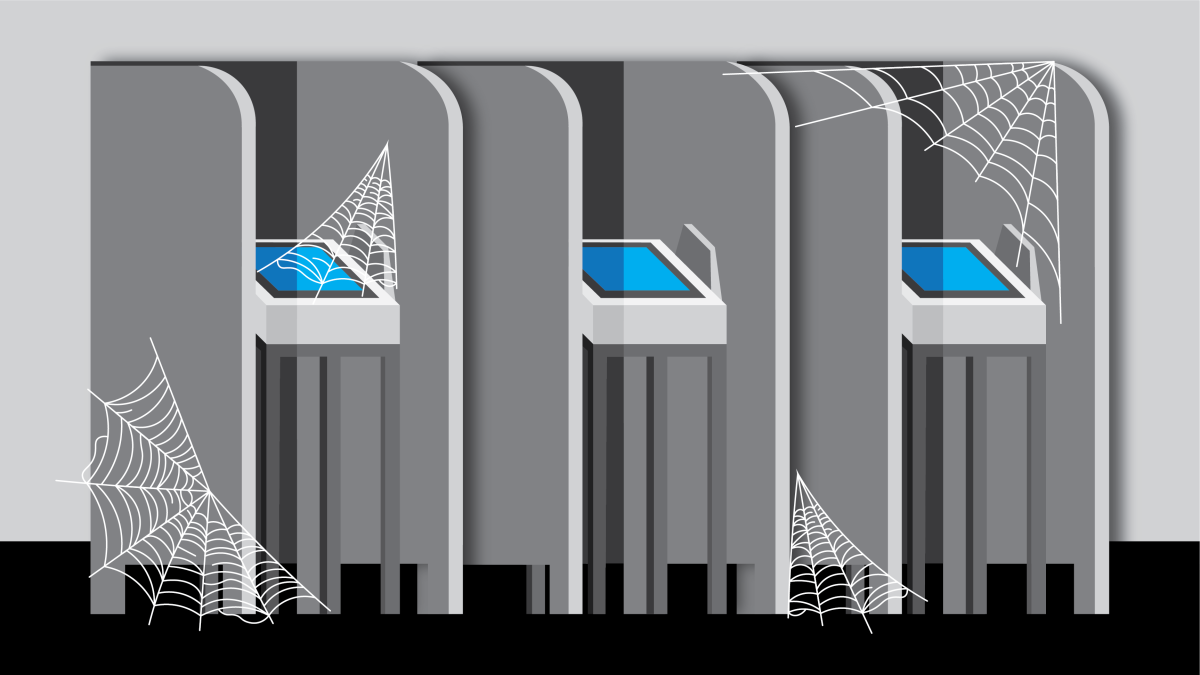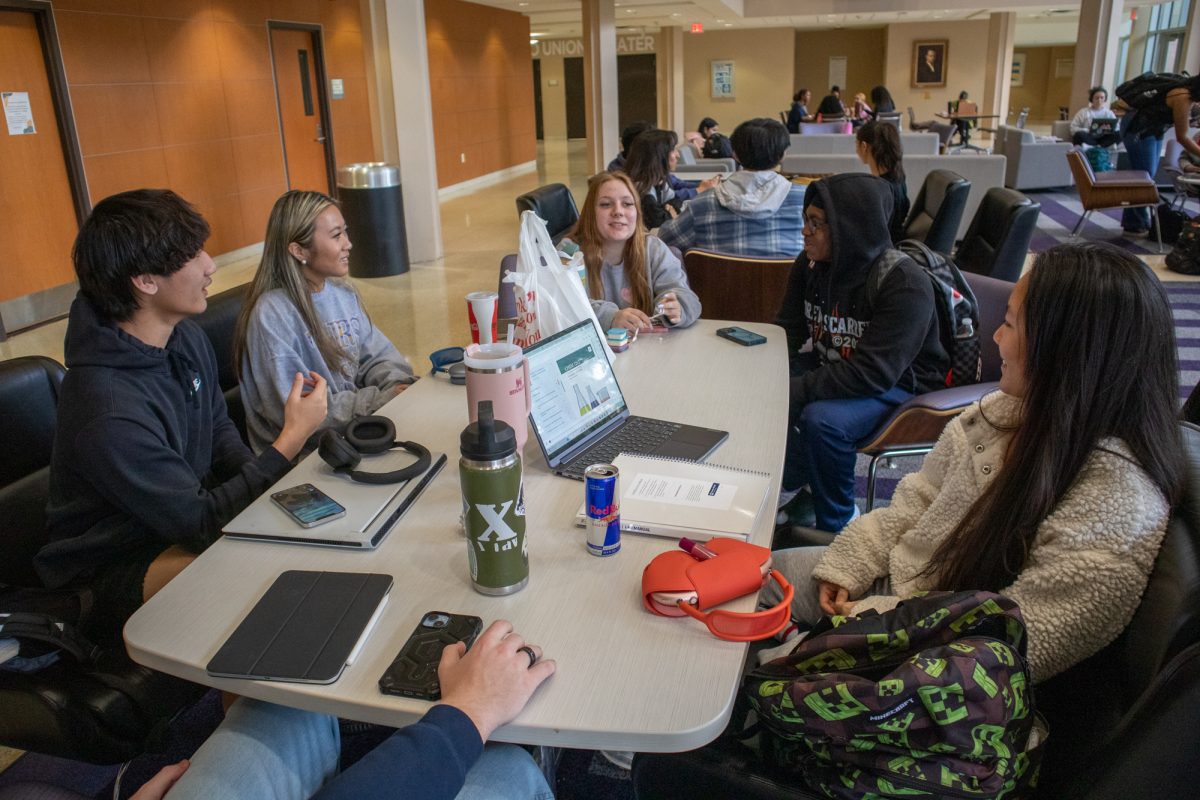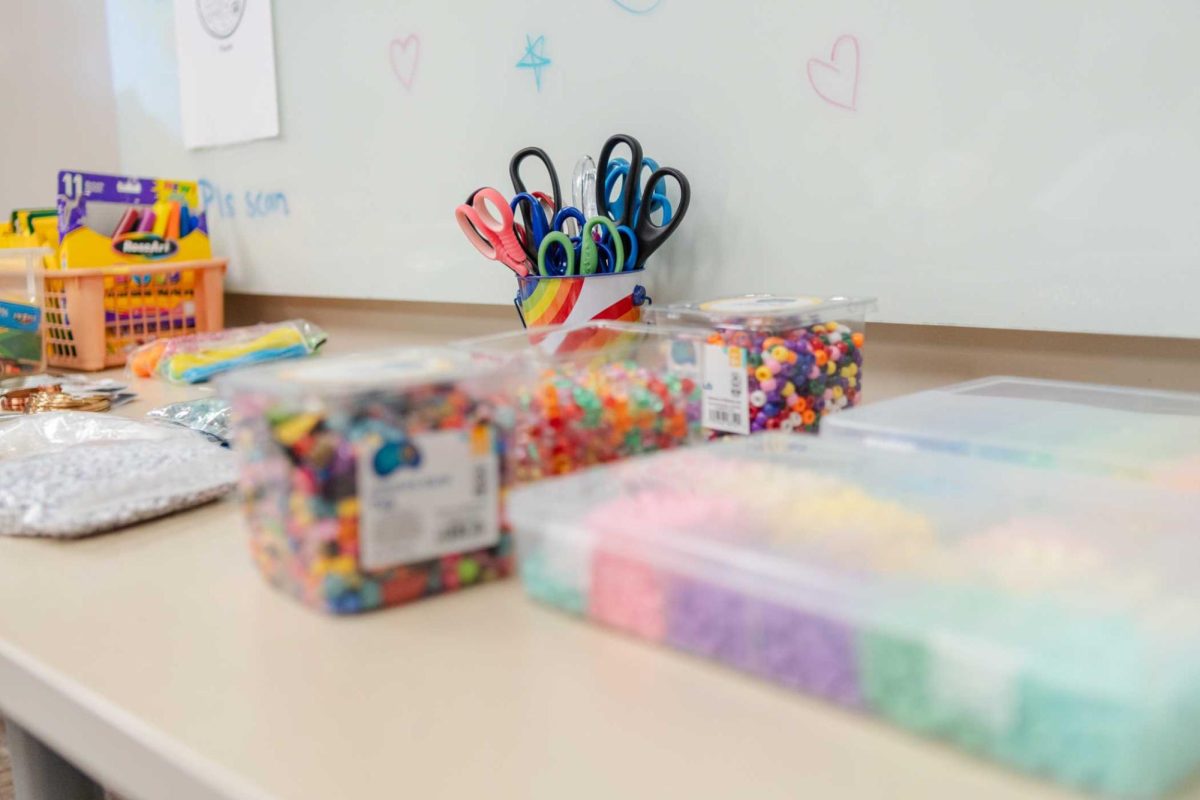As we get closer to election season this October, many have noted the lack of enthusiasm among Louisiana voters. Most voters seem content to sit on the sidelines.
We saw this occur in the local elections last April. In my hometown of Alexandria’s vote about renewing a property tax, only 5.8% of registered voters participated. Given the unusual time of the vote, it wasn’t surprising a majority of registered voters didn’t go to the polls. But not even reaching the double-digits in participation is concerning, especially when the issue has a direct impact on every property owner in the city.
The consequences of voter apathy are clear. Our local and state governments will never receive the diversity of opinions needed for a functioning democracy, and the apathetic citizen will cry foul when they’re forced to deal with laws they didn’t consent to.
Both the citizens’ and the government’s well-being depend on the participation of every voice. Our political system depends on the involvement of the everyday person from all walks of life.
MORE OPINION: Marginalization does not negate white privilege
With the deadline passed for candidates to qualify for the fall election, many incumbents in the state Legislature will face no opposition at all or just opposition from perennial candidates. Consequently, the makeup of the Legislature will remain the same.
While women make up 51% of Louisiana’s population, they make up only 21.9% of the Louisiana House of Representatives. In the best-case scenario, only 41 seats, or 39% of total seats, can have a female representative after elections in the fall.
The state Senate is worse. Only five current senators, or 12.8% of total senators, are women. In the fall, only eight women, or around 21% of total senators, can potentially hold a Senate seat.
The imbalance in the state legislature is concerning, especially while issues affecting women remain unaddressed. While the Legislature is eager to deal with the hot-button issue of abortion, Louisiana remains one of the worst states for access to and quality of maternity care, with Louisiana’s maternal morbidity rates increasing from 2018 to 2020.
The shutout of women in politics is only one symptom of our injured democratic republic. Gerrymandering, a practice where the incumbent party draws favorable districts to benefit their members, remains a popular tactic, standing as a reminder that politics works for those in power.
Louisiana is no stranger to gerrymandering, as the Louisiana GOP has created unfair congressional and legislative maps that solidified their hold on the state’s politics and sacrificed the betterment of the state. Due to gerrymandering, local Republican politicians have been motivated to appease their base, embracing the combative nature of the national Republican Party. As a result, effective governance has lost its importance in the state Republican Party. Fiery rhetoric has overshadowed the need for rational dialogue between Democrats and Republicans.
MORE OPINION: LA elections are in October. We all know who’s won
Yet many issues that threaten the well-being of all Louisianians require genuine contemplation of every solution from all sides of the aisle. While competitive elections aren’t a prerequisite to better governance, competitive elections undoubtedly lead to a healthier democracy.
According to Professor Jessica Gottlieb of Texas A&M and Katrina Kosec of John Hopkins University, mature democracies like the United States thrive on competitive elections. Highly contested races with uncertain outcomes lead to politicians being “more responsive to voters,” creating more spending on public services and greater success in fulfilling campaign promises.
Gerrymandering destroys competitive elections, and consequently, the main ability of voters to hold politicians accountable. Voters understand that there’s no point in voting when politicians choose a favorable electorate.
When voters are sitting out in important elections or when everyday people don’t run for office, our democracy suffers. The voice of the people is dominated by a minority that clings to power.
So, when it comes time for us native Louisianians to vote this October, take solace in the fact that your vote is one small step towards making our state a better place. However, with a tsunami of problems looming over our state, we’ll need much more than that.
Nathaniel Dela Peña is a 20-year-old political science and history senior from Alexandria.







